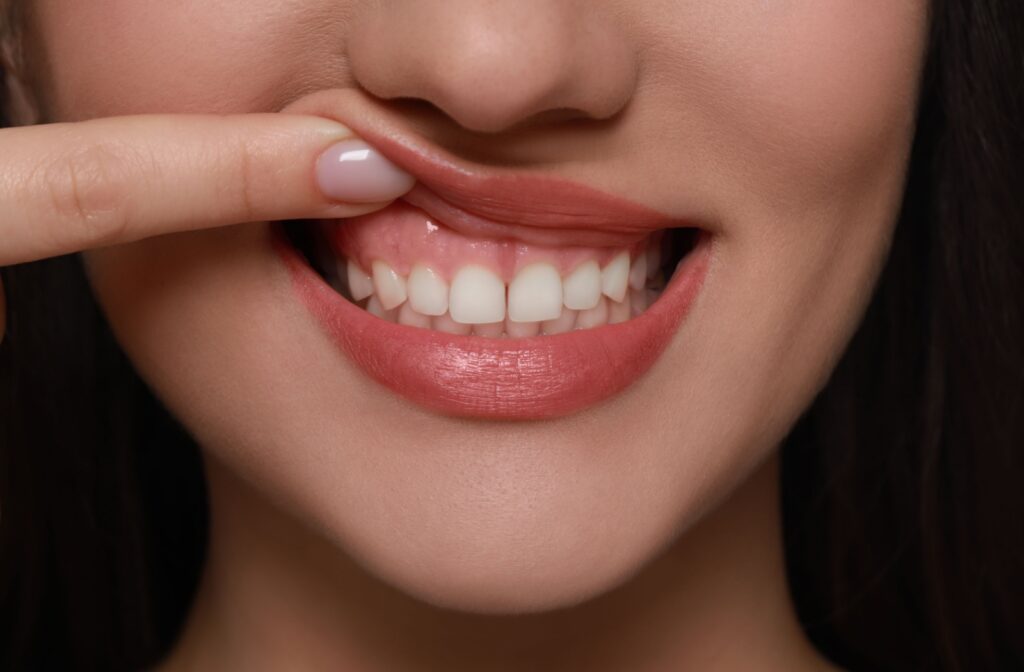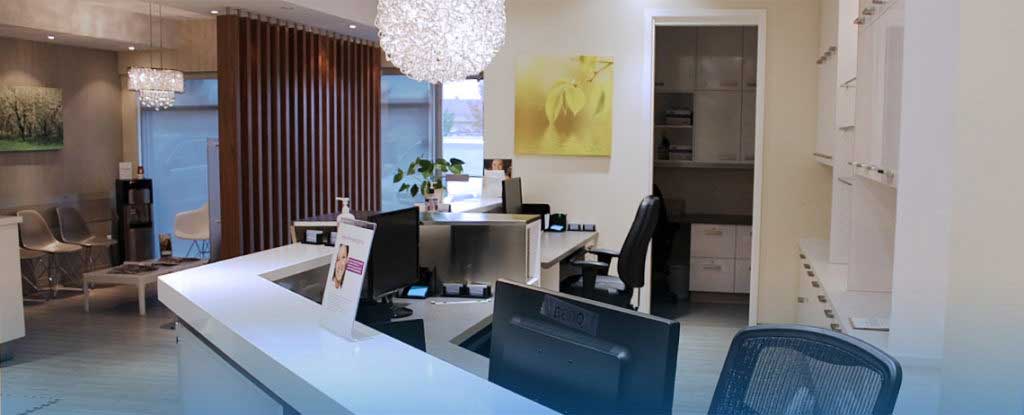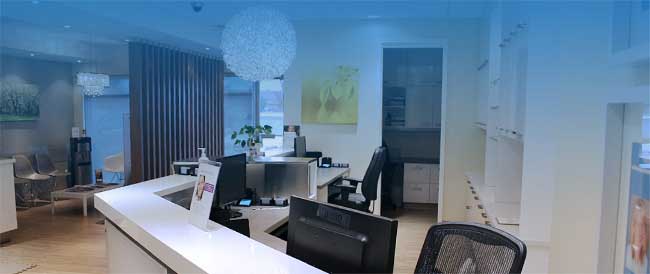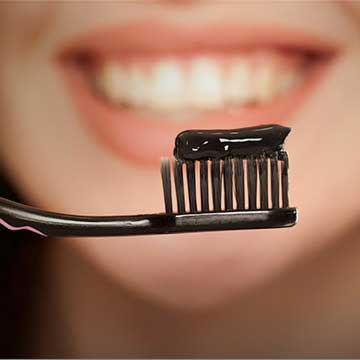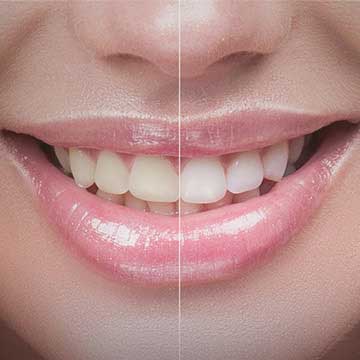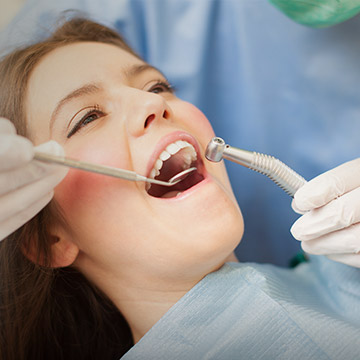Dental emergencies can happen without warning, and it helps to know what to do when one affects your family’s dental health. A quick and calm response can make a significant difference to the health of your smile. Fortunately, following expert guidance on handling dental trauma can help you find the right care.
Knowing where to turn can save you time and stress when every moment counts. For most dental emergencies, your first call should be to your dentist. We have the tools and experience to handle urgent tooth and gum issues.
How to Know You Have a Dental Emergency
Some dental issues need immediate attention, while others can wait for a regular appointment. It’s important to recognize the warning signs of an urgent problem so you can act fast. Listening to your body is the first step in getting the right care.
Common Signs of an Emergency
Always pay attention to sudden or severe changes in your oral health. You may need to see a dentist right away if you experience any of these symptoms:
- Severe tooth or jaw pain that doesn’t go away
- A knocked-out permanent tooth
- A loose permanent tooth
- A cracked or broken tooth that causes pain
- An injury to your gums, tongue, or cheeks
- Swelling in your face or gums
- A dental abscess—a pimple-like bump on your gums
What to Do Right Away
Before you see a dentist, a few simple steps can help manage the situation. For a knocked-out tooth, keep it moist in a small container of milk or your own saliva until you get help.
Your Dentist in St. Albert vs. the Hospital Emergency Room
When you have severe tooth pain, you might wonder where to turn for help. While the hospital seems like an obvious choice for an emergency, it’s important to know when to see a dentist versus going to the ER, as a dentist is often better equipped to handle dental-specific issues. Understanding the difference can help you get the most appropriate care quickly.
When to Visit a Dentist
A dentist should be your first call for most dental emergencies. Our office has the tools and experience to treat the root cause of the problem, not just the symptoms. This includes issues like a lost filling, a broken crown, a toothache, or a knocked-out tooth.

When to Go to the ER
Some situations are more than a dental emergency and require a trip to the hospital. You should go to the emergency room if you have any of the following:
- Uncontrolled bleeding from your mouth
- A suspected broken jaw
- Severe swelling that makes it hard to breathe or swallow
- Any symptoms like headache, nausea or vomiting following a blow to the head or a fall
What an ER Can Do for Tooth Pain
An emergency room can help manage severe pain and infection. They may prescribe antibiotics or pain relief medication. However, they typically cannot perform dental procedures like a filling, root canal, or tooth extraction, so you’ll likely need to see a dentist for follow-up care.
Common Dental Emergencies & What You Can Do
Here are a few of the most frequent dental emergencies your family might face. Knowing how to respond can help you manage the situation before your appointment.
A Severe Toothache
A persistent toothache often signals an underlying problem that needs attention from a professional. You can rinse your mouth with warm salt water and gently floss to remove any trapped food. Avoid putting pain-relief medication directly on your tooth or gums, as this can damage the soft tissue.
A Knocked-Out Tooth
Time is very important when a permanent tooth gets knocked out. Hold the tooth by the crown, the part you chew with, and rinse it gently if it’s dirty. Do not scrub it, and keep it in milk or the individual’s own saliva until you can see a dentist.
A Chipped or Broken Tooth
Rinse your mouth with warm water to clean the area around the broken tooth. If there is swelling, you can apply a cold compress to the outside of your cheek. Collect any large pieces of the tooth you can find and bring them with you to your appointment.
A Lost Filling or Crown
If a filling or crown falls out, it can leave your tooth exposed and sensitive. You can temporarily fill the gap with a piece of sugar-free gum or over-the-counter dental cement. Remember, this is not a long-term solution. You’ll still need to promptly see a dentist.
How to Prepare for a Dental Emergency
A little preparation can make a dental emergency less stressful for your family. A few simple actions can help you feel more in control when an issue happens. This allows you to focus on getting the care your family needs.
Create a Dental First-Aid Kit
Keep a small kit with items that can help in a dental emergency. You can store it in your car or medicine cabinet. Consider including these items:
- A small container with a lid
- Gauze pads
- Over-the-counter pain medication
- The phone number for your dentist in St. Albert
Have a Plan For Your Family
Make sure everyone in your family knows who to call and what to do. Keep your dentist’s contact information in an easy-to-find place, like on the fridge or saved in your phone. Establishing a solid plan for your family’s oral health for life can make a real difference.
What to Expect at Your Emergency Dental Visit
Knowing what happens during an emergency appointment can help ease any anxiety you or your child might feel. The main goals are to relieve your pain and address the immediate problem. We focus on making you comfortable while we assess the situation.
The Initial Examination
Your dentist will first conduct an initial dental examination to understand the extent of the damage. We may also take an X-ray to see what’s happening below the gum line. We’ll ask you questions about when the pain started and how the injury happened.
Your Treatment Options
Once we identify the problem, we’ll explain your treatment options clearly. We will also walk you through the recommended steps to repair the damage and prevent future issues. The focus will be on getting you out of pain and on the road to recovery. Our team at Otara Dental is here to help your family through any dental concern, planned or unexpected. We are committed to providing a relaxing and supportive environment for your care. If you’re experiencing a dental emergency, request an appointment now.


